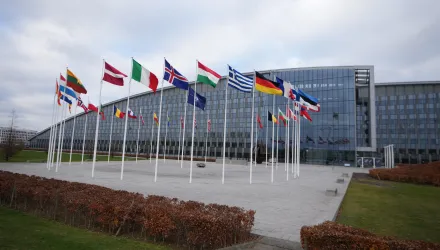Cyber Securitization: Can States Deter Cyber Escalation?
Speaker: Nadiya Kostyuk, Predoctoral Fellow, Cyber Security Project
This seminar examines conditions under which publicly observable "institutional change," which broadcast a state's rising or extensive cyber capabilities, can deter a country's adversaries from attacking it. The "use-and-lose" nature of cyber operations and difficulty of cyber attribution make such operations more effective in achieving tactical surprise than in deterring opponents. However, merely establishing a cyber unit and disclosing its estimated budget and personnel may increase the credibility of a state's threat and signal to multiple audiences, including its adversaries, that a country has, or is in the process of developing, its "power to hurt."
The speaker's research demonstrates that even though the cases in which institutional change will influence a strong adversary's choice to attack are limited, states tend to sub-optimally overinvest resources in publicly observable institutional changes. Weak states overinvest to make adversaries believe they are strong whereas strong states overinvest because they do not want adversaries to believe that they are weak states, pretending to be strong. The speaker's focus on the strategic logic of institutional change as a deterrent represents a departure from existing literature, which largely examines deterrence using cyber operations and other statecraft tools.
Please join us! Coffee and tea provided. Everyone is welcome, but admittance will be on a first come–first served basis.


